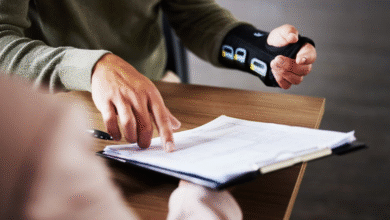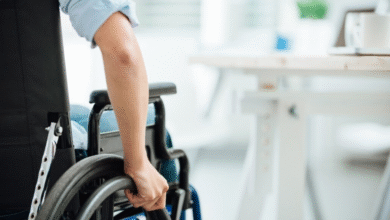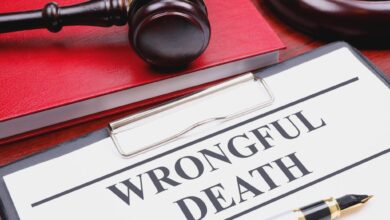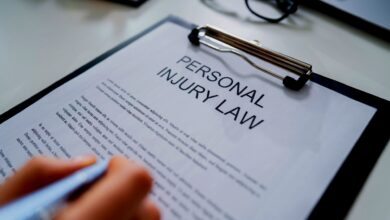Understanding Your Rights: A Guide for Victims of Police Brutality
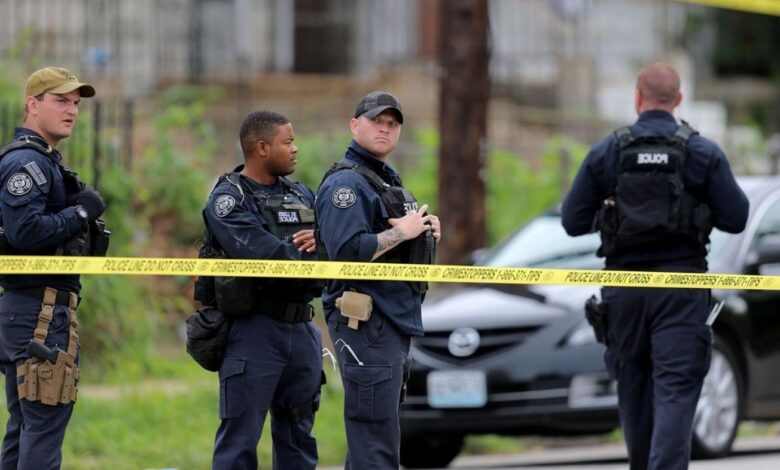
Experiencing police brutality can be a deeply traumatic and isolating ordeal. The shock of the incident, the physical and emotional pain that follows, and the realization that the very people sworn to protect and serve have harmed you can leave you feeling overwhelmed and alone.
Instances of police brutality can shatter that trust and leave victims feeling vulnerable and violated. If you or someone you know has been a victim of police brutality, it’s crucial to understand your rights, seek justice, and work towards a more just and equitable society.
Since 2015, the Minneapolis police have documented the use of force about 11,500 times. The rate isn’t declining. At least, not until victims start understanding their rights and bringing these offenders to book.
If you have been a victim of police brutality in Minneapolis, MN, and wish to take action rather than let your victimizer go scot-free, if you wish for your voice to be heard in the cry against police brutality, this guide will help you.
Read More: Understanding Your Rights: A Deep Dive into Criminal Defense Law
What to Do After Suffering Police Brutality
Know and Exercise Your Rights
You have to know your rights to know what to do when a supposed law enforcement official tramples those rights. You have the right to remain silent, and you should use it if you believe that anything you say may incriminate you.
You also have the right to legal representation. Knowing this, it’s in your best interest to quickly consult with a civil rights attorney who specializes in cases of police brutality. It’s also wise to have your attorney present during any interactions with the police. Civil rights lawyers in Minneapolis, MN can guide you in building a strong case, as issues of police brutality are usually far-reaching. Being a case against a government institution, there are usually so many challenges and things to prove in a police brutality lawsuit.
But not to worry, your civil rights attorney will help you communicate with the relevant authorities and use every legal resource in their power to seek justice for you.
Document Everything
As soon as it’s safe to do so, start documenting the incident. If you have visible injuries, take clear photos. Write down a detailed account of what transpired, including the date, time, location, the officers involved, and any witnesses. If bystanders may have recorded the incident, try to obtain their contact information. The more evidence you gather, the stronger your case will be.
Seek Immediate Medical Attention
If you’ve sustained injuries during an incident of police brutality, seek immediate medical attention. Don’t underestimate the importance of documenting your injuries, as medical records can be crucial evidence in legal proceedings. It’s your right to receive necessary medical care, and doing so is not an admission of guilt but a responsible step toward recovery.
File a Complaint
Many police departments have systems in place for filing complaints against officers. If you’ve secured the services of a civil rights lawyer, have them draft you a complaint and file it at the local police station or through their website.
Be sure to include all the details you’ve documented and request a copy of your complaint for your records. Filing a complaint is an important step in holding those responsible for your mistreatment accountable.
Stay Safe on Social Media
While social media can be a powerful tool for sharing your experience and seeking support, you also want to be cautious, as the littlest of things can be used against you. Avoid sharing sensitive information that could jeopardize your case, and be aware that your posts may be scrutinized. It’s best to follow your attorney’s advice regarding what to share and when.
Reach Out to Support Organizations
There are organizations and advocacy groups dedicated to supporting victims of police brutality. They can provide resources, connect you with legal experts, and offer emotional support during your journey towards justice. You’re not alone, and these organizations are ready to stand with you.
Be Patient During The Legal Process
The legal process can be complex and emotionally draining, but it’s a big step towards accountability and justice. Your attorney will guide you through this process, which may involve investigations, negotiations, and potential legal action against the responsible parties.
Read More: Reasons to Hire an Attorney for Legal Support
Advocate for Change
Your experience can become a powerful catalyst for change. By sharing your story and advocating for police reform and accountability, you can contribute to a more just and equitable society. Your resilience and courage can inspire others and help prevent similar incidents in the future.
Conclusion
You are not alone in this journey. Seek immediate medical attention, document the incident, know your rights, file a complaint, and connect with a legal expert and support organizations. Your resilience and commitment to justice can help create a better future where everyone is treated with respect and dignity.


